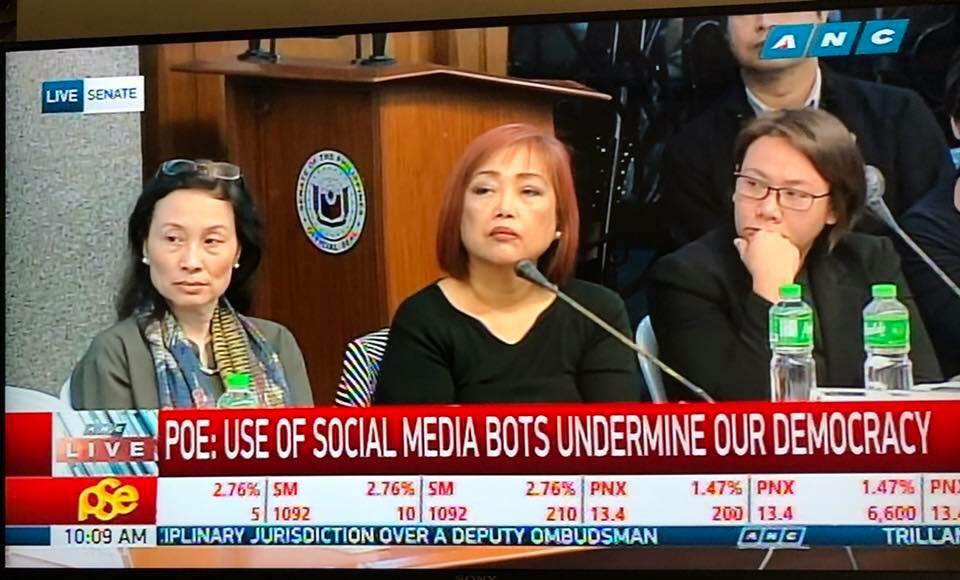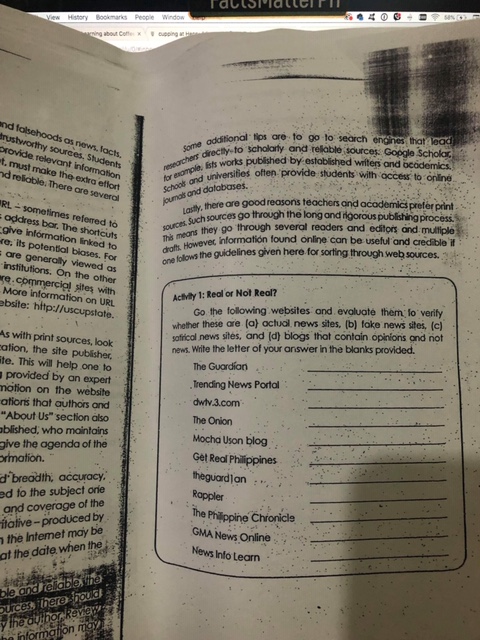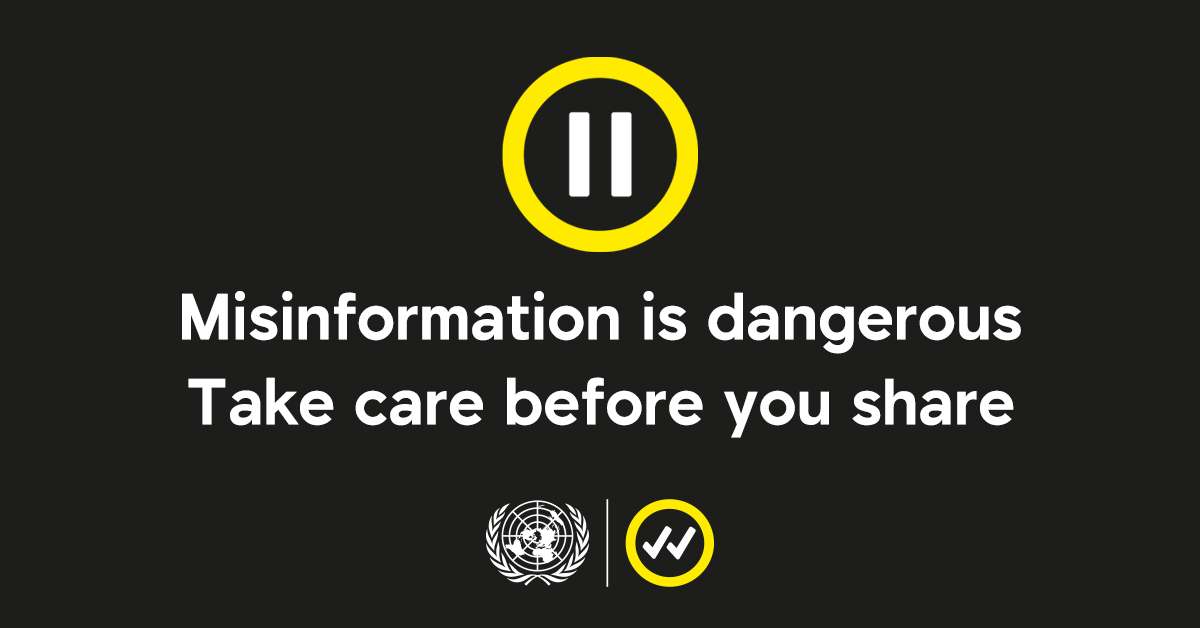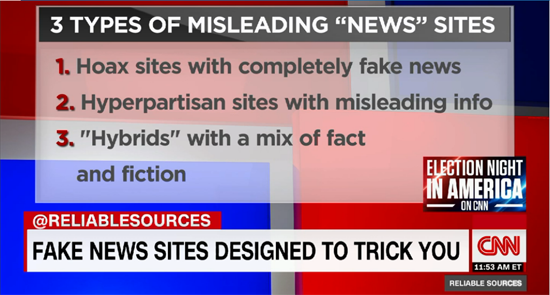Holding platforms accountable: Integrating algorithm oversight into current laws
Seven years ago, I found myself testifying at a Senate hearing about the potential creation of a fake news law. My position then—and now—remains firm: the Philippines already has sufficient laws, such as Republic Act 10951, the Revised Penal Code, and the Cybercrime Prevention Act of 2012 (R.A. 10175), to effectively tackle fake news. The real challenge lies in ensuring these laws are enforced fairly and justly. Below are links to my previous contributions during these Senate hearings.
How to stop the spread of fake news. is legislation the proper remedy? (January 30, 2018)
Additional legislation may not be the answer to curbing fake news (December 12, 2017)
The day after: thoughts on the Senate Hearing on Fake News (Part 1) (October 5, 2017)
The day after: thoughts on the Senate Hearing on Fake News (Part 2)
It seems the focus of the Tri-com hearings are devoted to DDS (Pro-Duterte) bloggers. But the focus should not lie alone on these bloggers. Social media platforms are accountable.
In today’s digital age, news, entertainment, and personal opinions often blend seamlessly on our screens. Social media feeds no longer clearly separate factual journalism from sensational stories or mere entertainment. This shift matters because information shapes public opinion and affects democracy.
Historically, media organizations profited from sensational stories that grabbed public attention. The intense media coverage of celebrities such as Princess Diana, and more recently Meghan Markle, highlights how traditional media have long earned revenue by stirring public curiosity and emotions—even when accuracy or ethics were compromised.
Social media platforms have significantly amplified this model. Algorithms on social media platforms like Facebook, YouTube and TikTok often promote content that elicits a strong emotional response — anger, fear or surprise — because?people are more likely to engage with these posts. This?is not accidental — this is how it’s been intentionally designed, because by keeping people engaged, it increases the profits from advertising dollars for these companies.
Content creators also benefit financially from sensational or controversial posts. Influencers and creators earn money through ad views, sponsorships, and monetized live streams. Meanwhile, platforms themselves earn even greater profits from the overall increase in user engagement and advertising revenue.
Because profits drive these systems, simply holding individual content creators accountable for spreading misinformation is not enough. The platforms themselves, which encourage and profit from this engagement model, must also bear responsibility.
Any effective legislation aimed at combating fake news in the Philippines should include direct accountability for social media companies. Policymakers can focus on a few critical areas:
Algorithm Transparency: Require platforms to disclose how their algorithms select and prioritize content. Regular, independent audits should verify whether algorithms disproportionately amplify misinformation or harmful content.
Revenue Reporting: Mandate social media platforms to be transparent about how much money they make from highly engaging, viral content, especially when linked to misinformation.
Responsible Monetization: Establish rules ensuring that platforms cannot financially reward content proven to spread falsehoods or harmful misinformation. This might involve restricting advertising revenue or sponsorship opportunities for flagged content.
Fostering Healthy Discourse: Establish standards that compel social media platforms to actively promote democratic discourse by prioritizing accurate and balanced information?over disconnected engagement-driven content.
As Filipino policymakers discuss new fake news legislation, the attention should not just be on how to legislate these platforms but rather be looking towards their systems designs that gives them financial incentive. Holding social media companies to account is one way that we can keep the integrity of public conversation and the democracy in the service of technology rather than a tool that is used to erode democracy.





